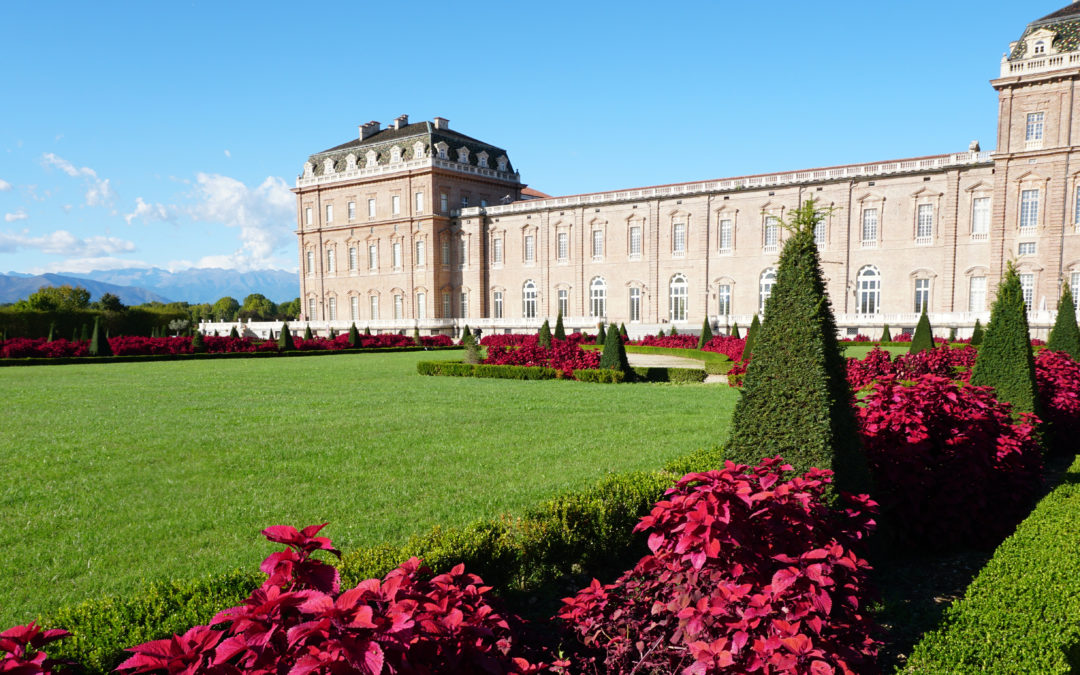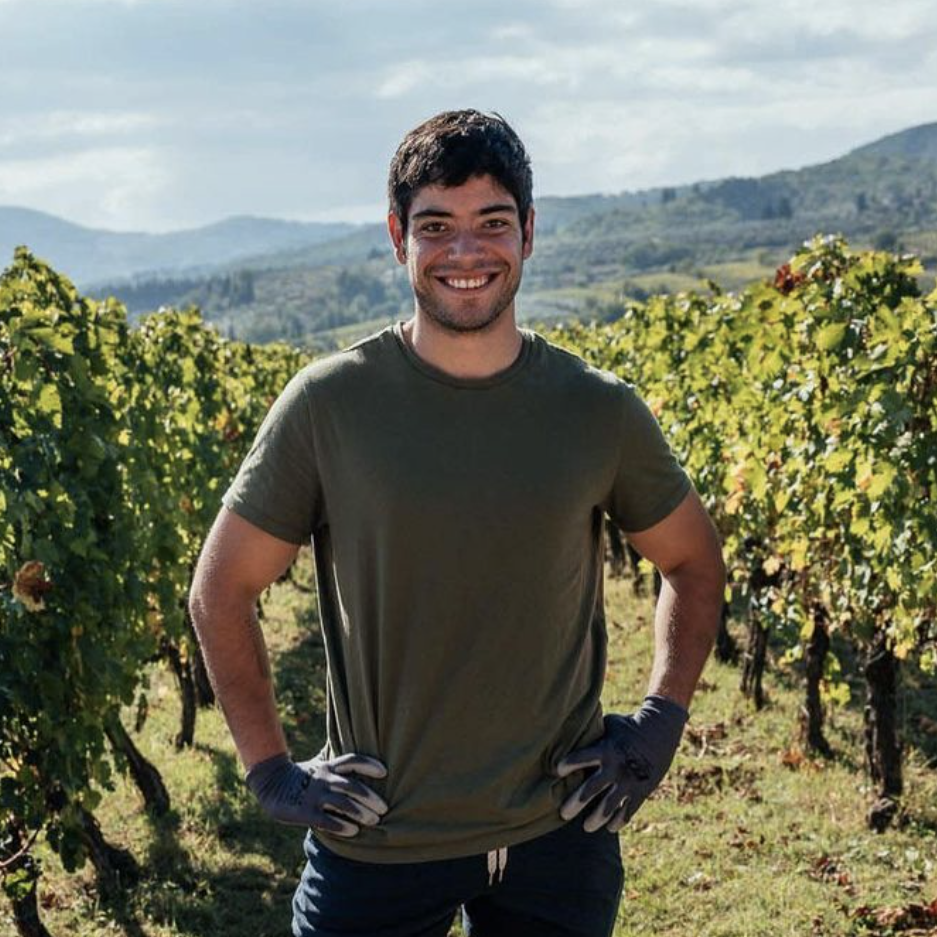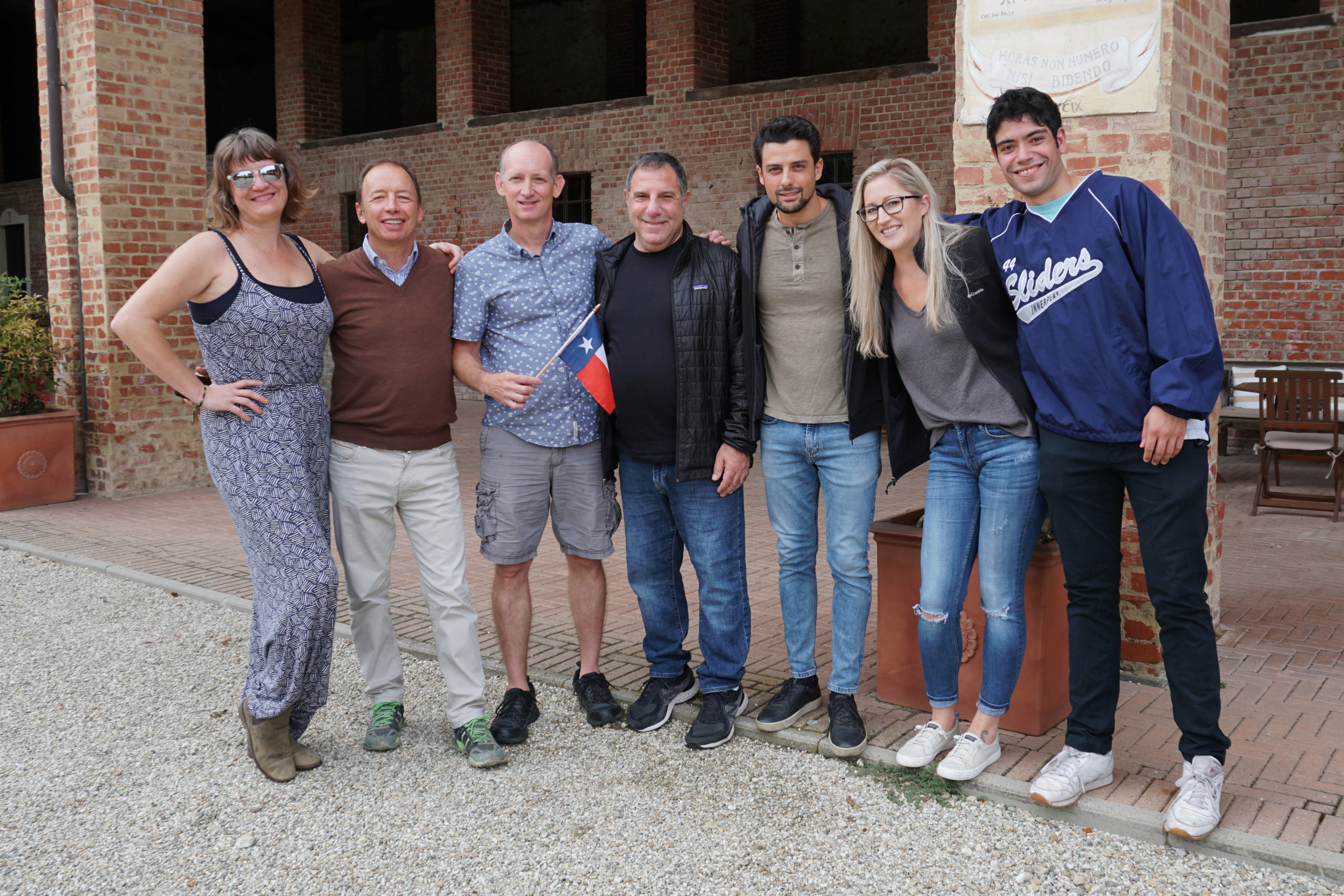
Two weeks, 11 wineries, 7 travelers! From left to right: Kelli, Filiberto, Troy, Michael, Manuel, Julie & Oran
With a warm smile, round glasses, and bomber jacket, co-owner Filiberto Massone greeted us with the familiarity of a decade-long partnership. Of all our import wineries, Marchesi Incisa was Serendipity’s oldest. The bond was undeniable as he and Troy Kuhn, our co-CEO and GM for our National Program, immediately sauntered from the group to catch up. We were given our rooms and instructions to be back down soon for an aperitif.
The estate was relatively small, with the cellar, tanks, dining, and offices all on display. The Incisa family had resided in Rocchetta Tanaro for a millennium, presiding for most of it in the castle nearby. Yet it was the “Closed Court” which served as the beating governmental heart of the village during the medieval period up, until Italian Unification. Now it provided job opportunities to villagers and tourism was a modern financial boon. Filiberto’s mother, Barbara, acquired full ownership of the estate in the 90’s and invested liberally to move the winery from family castle to court. After passing just a few years ago, Filiberto inherited the estate, the castle, and what he thought was a responsibility he’d have to bear alone. Yet his sister, Francesa (whom we would meet the next day), was equally ready to continue their mother’s legacy. She most recently had become co-owner after decades of building a financial career.
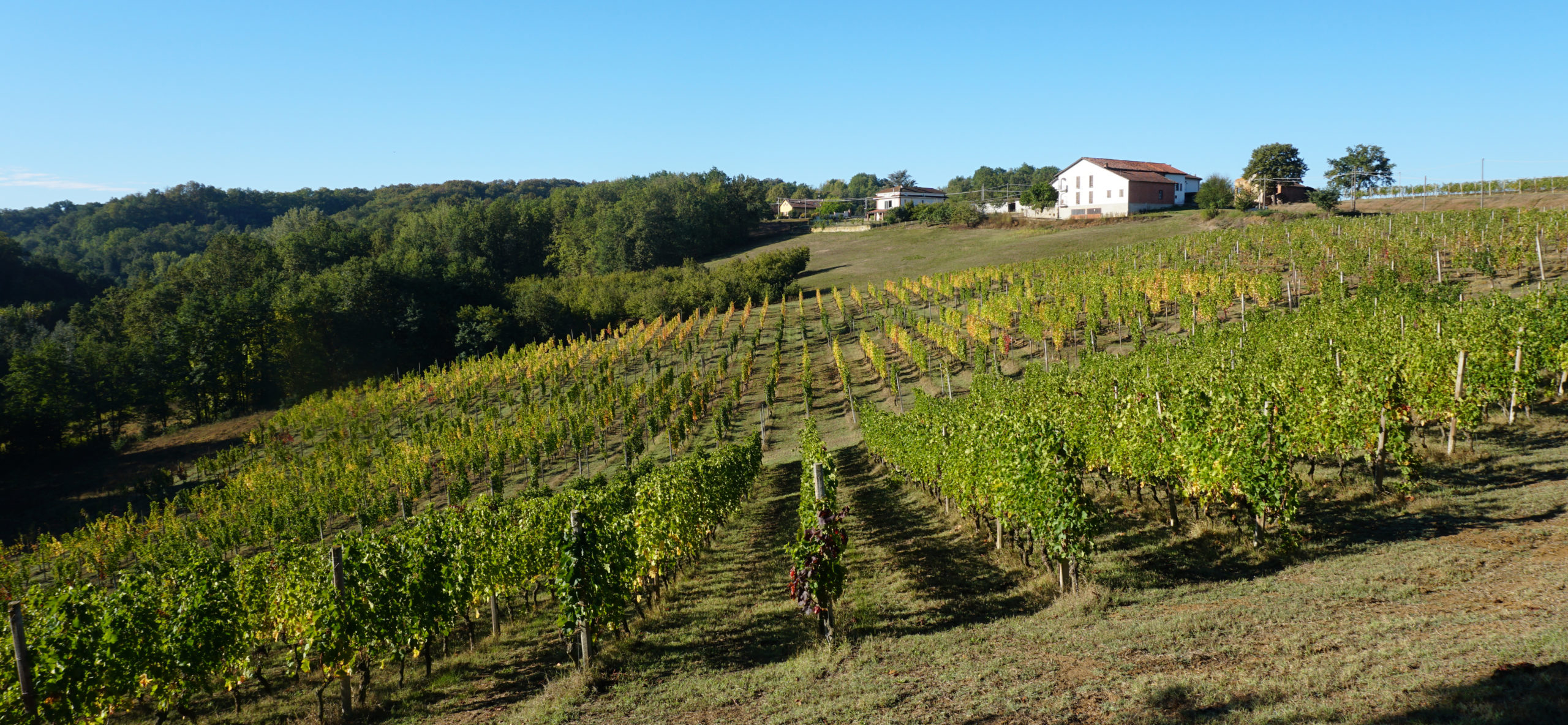
Filiberto recounted their history as we left the court with promise to see the real reason anybody was there in the first place – vineyards. The only obstacle was a one-ish mile trail up a steep incline. After 20 hours of travel. During rainy season. There were no clouds in the sky, but the evidence lined the mountain with the smell of crushed firs and the sounds of team Serendipity’s slips in the mud. No problem, we laughed and bantered, some even raced (almost falling back down the trail), all the way up till we oversaw vineyards. Breathtaking and gratitude-stirring, vines were bathed in sunlight (Italian sunlight!) and so were we.
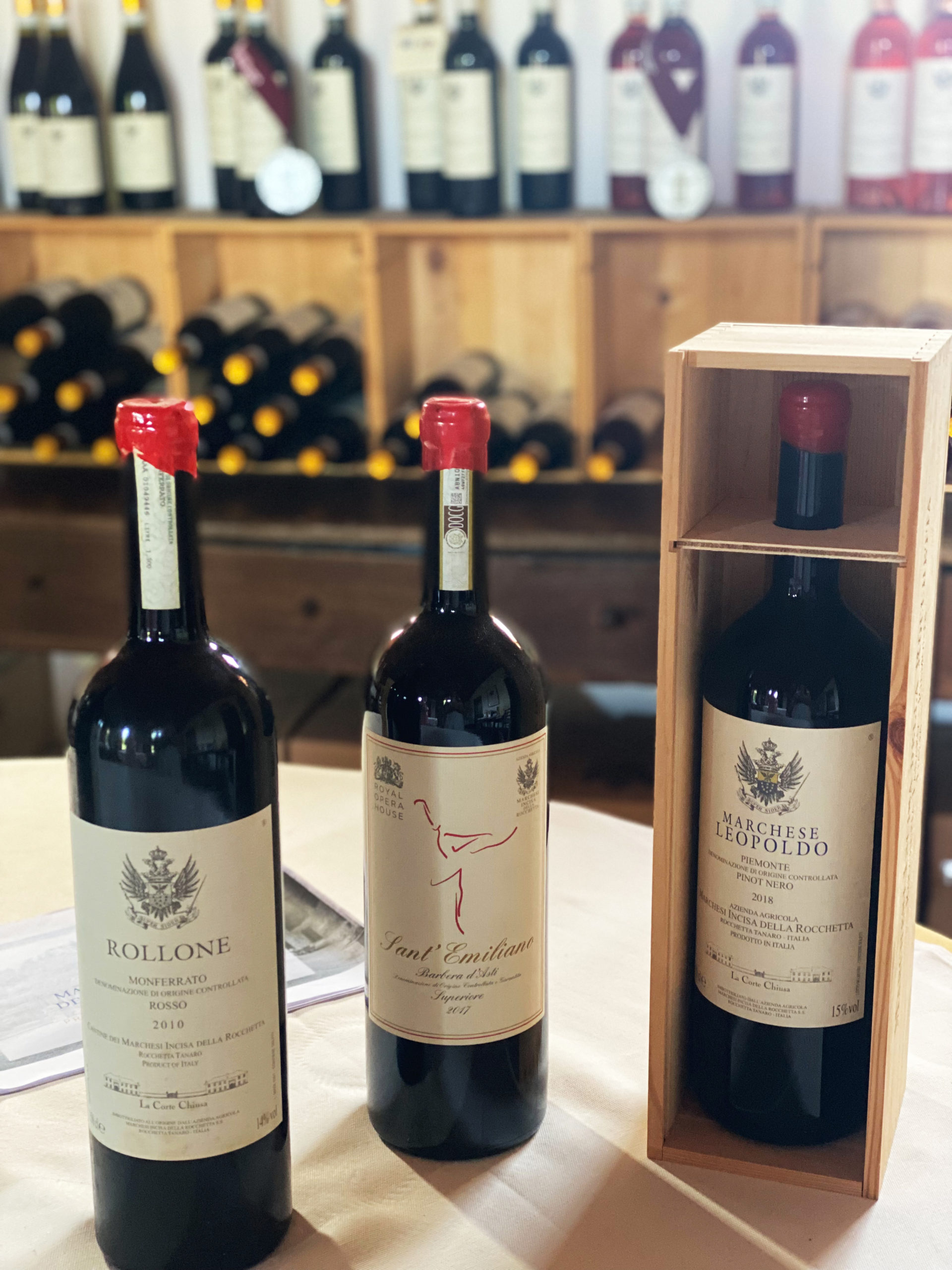
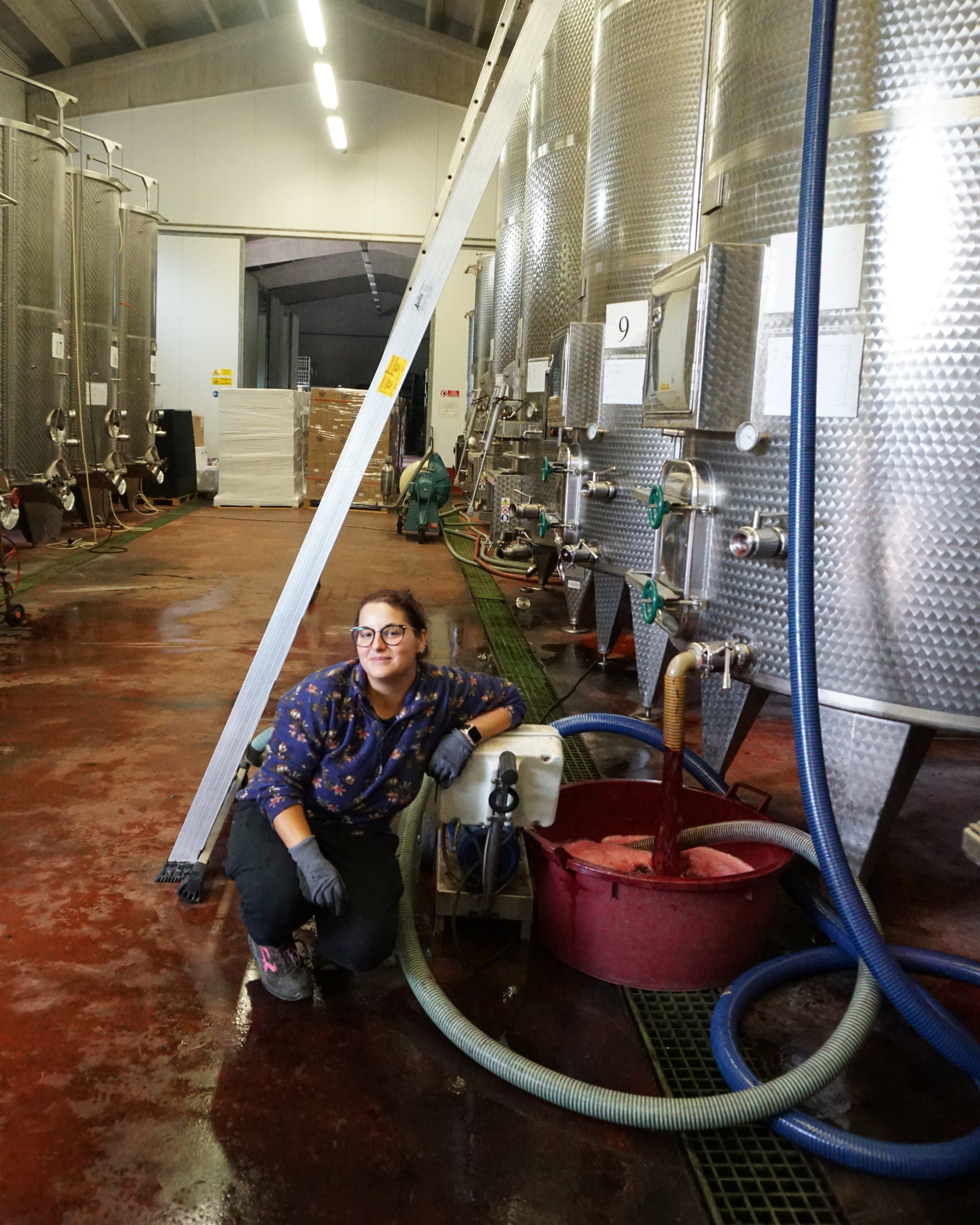
It was a privilege to start the trip with a partner who feels more like family, allowing us newcomers to adjust comfortably. After a long goodbye in the morning, the team sped on to La Morra to meet a newer face: the animated, ever-smiling Roberto Voerzio…

